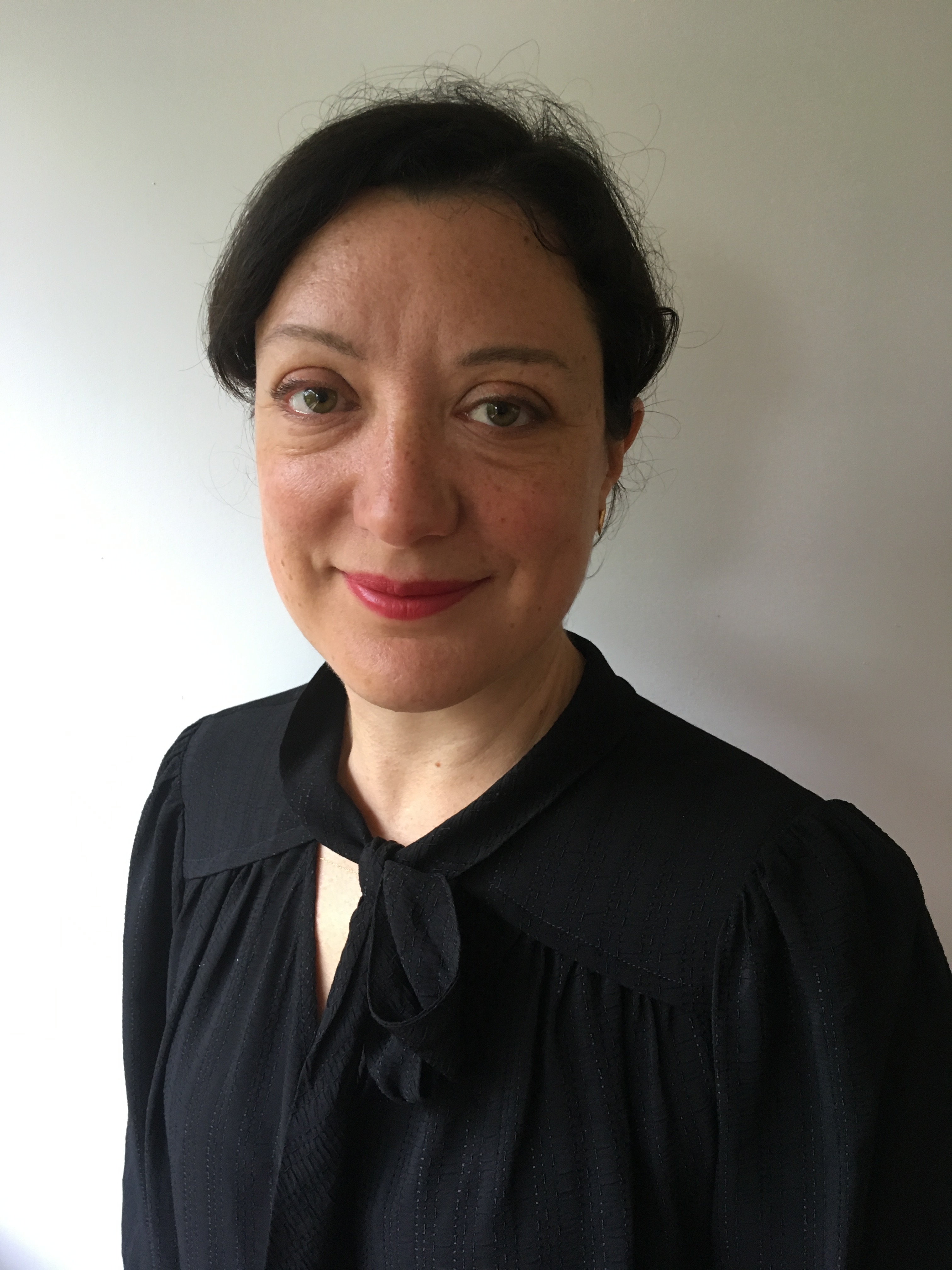Crossrail chairman Tony Meggs on the challenges of megaprojects

Tony Meggs took over the Crossrail project almost a year ago, to try to get it back on track. “This is a world-class project that went off track, and the challenge of getting it back on track is very exciting. It’s going to be really transformational for London and the South-East.”
Meggs and his team have already made significant changes to make the project work more efficiently and increase progress. He has a long, illustrious career in project management-related roles, including chief executive of the Infrastructure and Projects Authority, and co-director of the MIT Energy Initiative.
He has learned lessons about how to effectively run a megaproject throughout his career. He shared his insights with Project journal in the Autumn 2019 issue, and you can read the big interview with Tony Meggs here (🔒).
A megaproject needs strong leadership – and critical thinkers
“A big project is an act of will, and you need people with a very strong will who can run it, manage it and move it forward,” Meggs says. “Crossrail was very successful in the past in that it had very strong leadership and determination, but those same characteristics caused problems at the end.
“You have a project team who really do need to be optimistic, hard-charging and focused, but you also need a bunch of more sceptical people doing the independent assurance who say, ‘Oh but this is so very difficult, are you sure?’ The job of the board – certainly the chairman – is to balance those different points of view.”
Pay close attention to the risks throughout the projects
“When you’re so committed [to completing a project], almost come hell or high water, there’s always a risk that you start to filter out information that doesn’t agree with your desire. And then the information that comes to you starts to get filtered before you even see it.”
Be an open book to the sponsors
Meggs believes that stakeholders and sponsors should be given the opportunity to keep a watchful eye over the project. “We have completely opened our books. We’re totally transparent with our sponsors and give them feedback every single day. That openness is quite different from the past and from the way that most major projects are run.”
All projects should be treated as digital projects
“One of the things I really believe is that all projects now are essentially digital, and infrastructure projects should be treated as systems integration projects from the get-go,” says Meggs. “These are complex digital entities that are far outside the areas of expertise of civil engineers or even mechanical and electrical engineers. They require a really different set of skills.”
Remember the wider benefits
“What I always say to the suppliers and the team is that we’re not just doing this for ourselves. We’re not just doing it for Crossrail or London. We’re doing it for this whole industry for the long term.”
You may also be interested in:
- The big interview with Tony Meggs (🔒)
- Political pressure, high churn and ‘benefits’ hunting: government report reveals the challenges of public sector megaprojects
- Sponsoring the Thameslink programme
Image: Sven Hansche/Shutterstock.com


0 comments
Log in to post a comment, or create an account if you don't have one already.